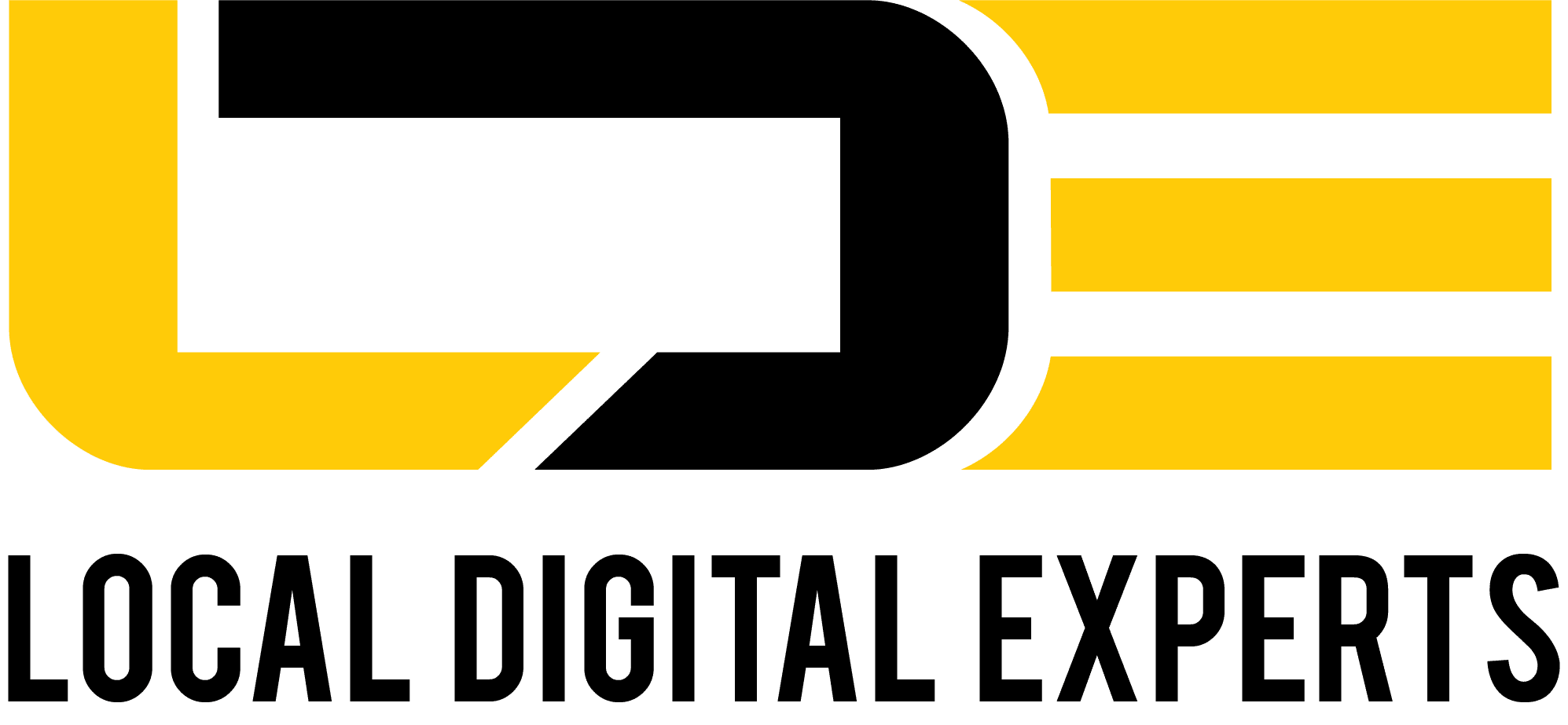In today’s digital age, Local SEO Ranking Factors in Australia have become a crucial component for businesses looking to enhance their visibility and attract local customers. Local SEO refers to optimizing your online presence to appear in search results relevant to your geographical area, particularly on platforms like Google Maps and the local search pack. For businesses in Australia, local SEO is essential as it connects you with nearby customers who are actively searching for services or products in your area.
Ranking high in local search results not only increases your business’s visibility but also builds credibility and trust with your target audience. When your business appears in the top local search results, it means more foot traffic, phone calls, and online engagements, leading to higher conversion rates.
In this blog, we will dive into the top local SEO ranking factors specific to Australia in 2025. From Google My Business optimization to local content creation, we’ll cover key strategies you can implement to improve your local search rankings and grow your business in your community. If you are looking for SEO Ranking Factor then Read here.
Top Local SEO Ranking Factors in Australia
1. Google My Business (GMB) Optimization
Having a Google My Business (GMB) profile is one of the most critical elements of local SEO. GMB allows your business to appear in Google Search and Google Maps, making it easier for potential customers to find you when they search for products or services you offer in your location. It serves as a digital business card, showcasing your contact details, reviews, photos, and other essential information that helps increase your visibility and build trust with customers. A well-optimized GMB profile can significantly improve your ranking in the local pack, the map-based list of businesses shown on local search queries.
Key Elements of GMB That Influence Local Rankings
Business Name, Address, and Phone Number (NAP): Ensure your business name, address, and phone number are accurate and consistent across your website and other online platforms. Consistency in NAP is crucial for local SEO as Google uses this data to verify your business’s legitimacy and location.
Categories and Business Description: Select the most relevant categories for your business, as this helps Google understand the services or products you offer. Write a detailed business description that highlights what your business does, using keywords relevant to your products or services.
Hours of Operation: Accurate business hours ensure that customers know when to contact you or visit. Regularly updating these hours, especially during holidays or special events, is important for providing an optimal user experience.
Reviews and Ratings: Customer reviews and ratings play a major role in local rankings. Positive reviews help build credibility and trust while signaling to Google that your business is popular. Responding to reviews—whether positive or negative—demonstrates customer engagement and shows Google that you actively manage your business’s online reputation.
If you’re looking to optimize your business profile and enhance your local SEO, look no further! At Local Digital Experts, we specialize in local SEO services that help businesses like yours rank higher in local search results, drive more foot traffic, and increase conversions.
Our expert team will optimize your Google My Business profile, ensure your NAP consistency, improve your local content, and help you gather quality reviews and ratings. We understand the unique challenges of local SEO, and we tailor our services to help your business stand out in your community.
2. Consistent and Accurate NAP Information
NAP stands for Name, Address, and Phone Number—the essential details that identify your business in local search results. This information is critical for search engines like Google to accurately display your business to users in relevant local searches. A consistent and accurate NAP ensures that potential customers can easily find and contact your business across various platforms.
Consistency in NAP across multiple online directories and websites plays a vital role in improving your business’s local search rankings. Search engines rely on NAP consistency to verify the legitimacy of your business. When your information is the same everywhere, it boosts your credibility and helps search engines confidently rank your business higher in local search results, improving visibility.
In Australia, several popular online directories and citation sites are critical for local SEO. These include Yellow Pages, TrueLocal, Yelp, and Hotfrog. Getting your business listed in these directories with accurate NAP information is essential for improving your local rankings. Being present on multiple trusted citation sites also helps Google confirm your business’s location and legitimacy, enhancing your local SEO efforts.
If you also want to list your business on top directories and citation sites to improve your local SEO, see our Local Listing Management Services, we specialize in managing and optimizing your business’s presence across popular online directories like Yellow Pages, TrueLocal, Yelp, and many more.
3. Localized Content Creation
Creating localized content is essential for attracting the right audience in your area. By focusing on topics and keywords that are relevant to your community, you can connect with local customers who are actively searching for services in their area. Localized content helps your business appear in local search results, increasing your chances of attracting nearby customers.
To boost local rankings, focus on creating location-based landing pages that highlight your products or services specific to your area. Writing blog posts and articles about local events, news, or topics can also improve your local SEO while showcasing your involvement in the community. Additionally, creating FAQs tailored to the local community can provide valuable information to your audience while incorporating local keywords.
Using location-based keywords, such as “best bakery in Melbourne” or “plumber in Sydney,” is crucial for local SEO. These keywords help search engines understand your business’s relevance to the area. It’s important to balance local keywords with industry-specific keywords to ensure you’re reaching both local customers and those searching for your specific services. This balance maximizes your chances of ranking for both local and niche searches.
4. Local Reviews and Reputation Management
Customer reviews play a critical role in local SEO rankings. Positive reviews signal to search engines that your business is trustworthy and reputable, which can improve your visibility in local search results. Google, in particular, takes reviews into account when determining which businesses to feature in the local pack and on Google Maps. The more positive reviews your business receives, the higher the likelihood of ranking higher in local searches, helping attract more customers.
Authentic and positive reviews build credibility and trust with potential customers. They provide social proof that your business delivers quality services or products. Customers are more likely to trust businesses with a good review history, making it essential to encourage happy clients to leave reviews. Positive reviews also help combat any negative feedback, ensuring that your overall reputation remains strong.
If you want to build and maintain a strong online reputation for your brand, choose our Online Reputation Management Services. We help you gather positive reviews, manage customer feedback, and enhance your credibility across multiple platforms. Contact us today to boost your brand’s online presence and visibility!
5. On-Page SEO Optimization for Local Search
On-page SEO optimization is crucial for improving local search rankings. Key factors that impact local SEO include title tags and meta descriptions that are optimized with location-based keywords. These elements provide search engines with relevant information about your business and help potential customers find you in local search results. Incorporating location-based keywords within your website’s content ensures that search engines understand your business’s geographical relevance. Additionally, using structured data (schema markup) for local business helps search engines better display your business details, like your address, phone number, and hours of operation, directly in search results.
6. Quality Backlinks from Local Websites
Backlinks play a crucial role in local SEO, as they signal to search engines that your website is credible and trustworthy. Quality backlinks from local websites, directories, and businesses can significantly boost your rankings in local search results. When reputable local sources link to your site, it helps Google recognize your relevance in the community and increases your chances of ranking higher in local search results, particularly for geographically specific queries.
To earn local backlinks, focus on strategies like sponsoring local events, forming partnerships with other businesses, and getting involved in community activities. Being featured in local news outlets, blogs, and community websites can also earn valuable backlinks. Additionally, collaborating with local influencers can help build your brand’s credibility while driving high-quality backlinks to your site, enhancing both your local SEO and visibility in the local market.
7. Mobile Optimization
With the rise of mobile searches in Australia, Google now uses mobile-first indexing, meaning it primarily indexes the mobile version of websites. As more consumers rely on their smartphones to search for local businesses, optimizing your site for mobile devices is essential. Mobile optimization helps ensure that users have a seamless experience, leading to higher engagement, reduced bounce rates, and better local search rankings. A mobile-friendly website with responsive design adjusts perfectly to any screen size, making it easy for customers to navigate your site on the go.



To optimize for local mobile searches, Google My Business is crucial. Ensure your GMB profile is complete and updated, as mobile users often rely on Google Maps and the local pack to find businesses. Additionally, focusing on local search intent—understanding that mobile users often search with specific needs like “near me” or “open now”—can help you tailor your content and services to meet these demands. By providing accurate and easy-to-access information, you can effectively capture local mobile traffic and improve your visibility in local search results.
8. Social Media Signals
Social media platforms like Facebook, Instagram, and Twitter play an important role in local SEO rankings. While social signals themselves (like shares, likes, and mentions) may not directly affect search engine rankings, they influence local visibility and drive more organic traffic to your business. Positive interactions on social media can enhance your brand’s credibility and increase the likelihood of local customers finding your business. Active social media engagement helps signal to search engines that your business is relevant and active, ultimately boosting your presence in local searches.
For local businesses, best practices on social media include engaging with local customers by responding to comments, sharing community-related content, and joining local community groups. Location tagging in your posts and stories can help improve local visibility by associating your content with specific geographic areas. Additionally, participating in local events or sponsoring community activities gives you the opportunity to build brand awareness, connect with your audience, and further enhance your local SEO efforts by gaining recognition in your community.
9. Local SEO Analytics and Tracking
To track the performance of your local SEO and measure its success, it’s crucial to use the right tools and monitor key metrics. Tools like Google Search Console and Google Analytics provide valuable insights into how your website is performing in local search results. These tools help you track organic search traffic, understand user behavior, and identify areas for improvement. They also give you an overview of your website’s visibility in local searches, helping to ensure that your local SEO strategies are effective.
Key metrics to track for local SEO include keyword rankings for local searches, which show how well your business is ranking for location-based keywords. Additionally, Google My Business (GMB) insights and customer actions—such as clicks for directions, calls, and website visits—offer a direct understanding of customer engagement. Monitoring traffic from local search results and conversion rates helps determine how many local visitors are interacting with your business and whether they’re completing desired actions, such as making a purchase or booking a service. Tracking these metrics allows you to adjust your local SEO efforts and continuously improve your local online presence.
Conclusion
Optimizing local SEO for your Australian business involves key factors like Google My Business optimization, consistent NAP information, localized content, local reviews, and mobile optimization. Staying up-to-date with local SEO trends and best practices is crucial to maintaining strong visibility in local search results. By implementing these strategies, you can boost your rankings, attract more local customers, and drive growth for your business in an increasingly competitive digital landscape.
If you want to grow your business locally or globally, contact Local Digital Experts for the best e-services. Let us help you achieve your goals with tailored solutions!
